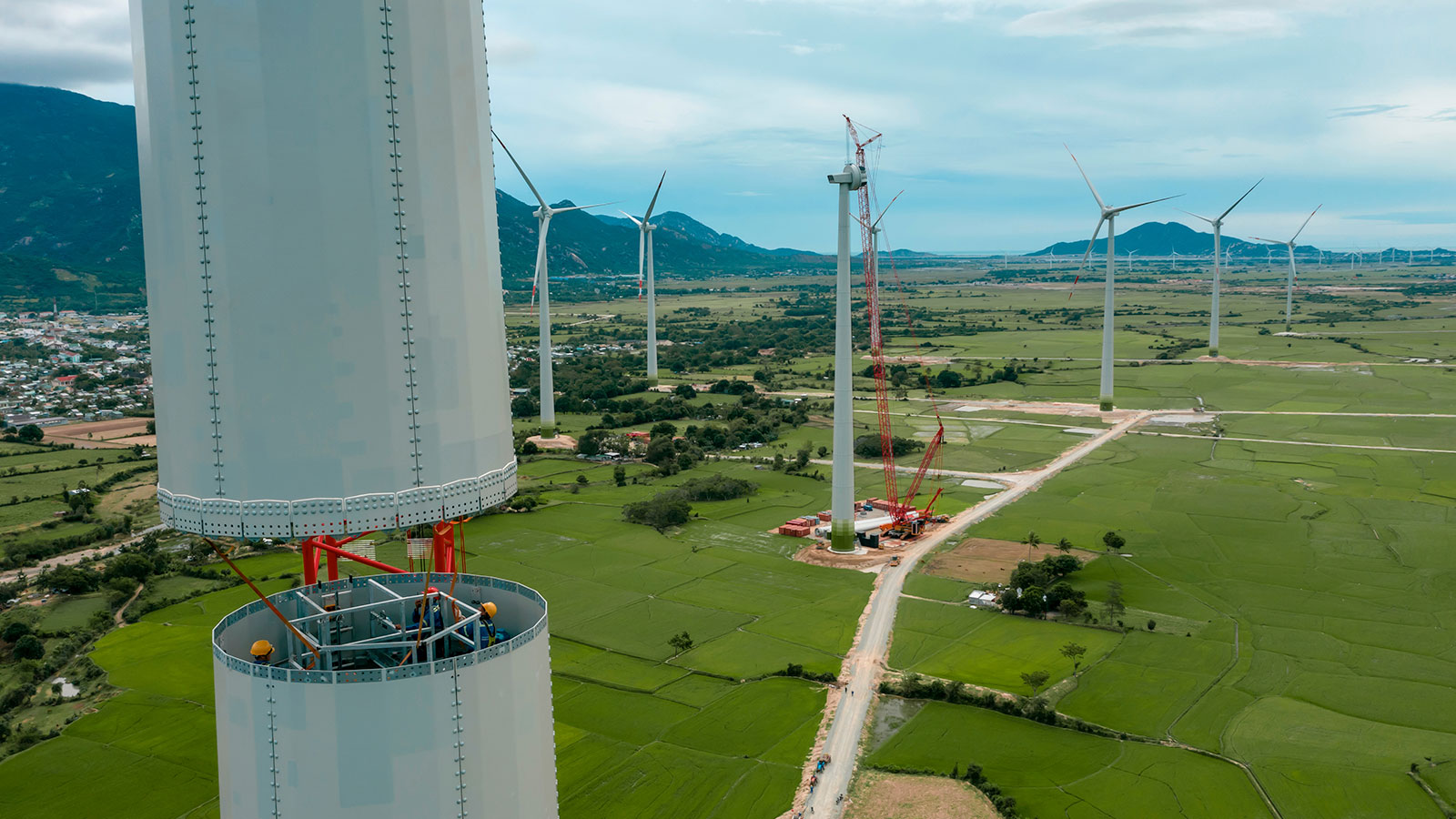RenewableUK has suggested five key changes to the Government’s Contracts for Difference (CfD) scheme that it hopes will boost the number of renewable projects being deployed.
Despite the results of the latest auction round being widely welcomed by the industry, securing a record number of projects, RenewableUK believes that with a few tweaks, the scheme could be even more successful in the future.
The report titled “Revitalising the Contracts for Difference Scheme” suggests refinements to the auction parameters to more closely mirror market realities, such as setting realistic reference prices and load factors. It also recommends providing longer-term certainty to developers by specifying targets for each technology in future auctions and extending the duration of CfD contracts from 15 to 20 years, aligning with the extended lifecycle of modern projects.
Additional suggestions include offering developers more flexibility regarding project delivery timelines and pushing forward with ongoing CfD reforms as part of the Government’s AR7 & Future Allocation Rounds consultation.
It’s long been acknowledged that the Contracts for Difference scheme was in need of reforming, especially in the wake of the disastrous results of 2023, where not a single offshore wind project was secured at all. For the latest round, the UK Government did answer calls to increase funding, and that appears to have led to a more successful auction round, but many in the industry want even more changes to the scheme.
Dan McGrail, Chief Executive of RenewableUK, noted, “The new Government has set ambitious targets for renewable energy, including fixed bottom and floating offshore wind, onshore wind, and solar PV. The industry is ready to collaborate with the Government to meet these goals, and the reforms outlined in this report provide practical steps to give long-term assurance to developers and the supply chain, while building on the positive investor response to this year’s auction results.
“Several of the proposals can be implemented without major legislative changes in time for the next auction round in 2025, reducing costs while ensuring we procure increasing levels of new renewable energy as we look towards 2030 and beyond on our journey to becoming a clean energy superpower.”

